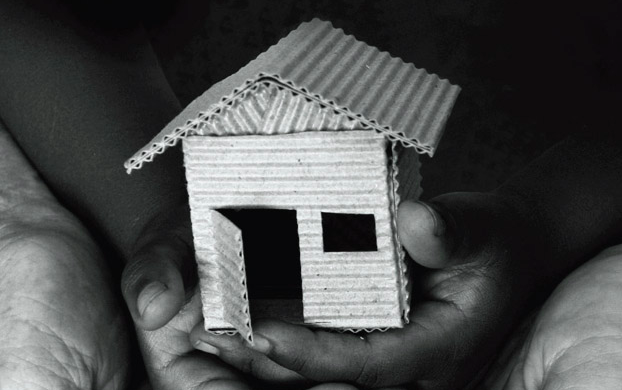By Kwame McKenzie and Greg Suttor
The Ontario government today announced new funding for supportive housing. Making the announcement, Eric Hoskins, the Minister of Health and Long-Term Care, noted that mental health matters for everyone, and that this is an integral part of health care. Besides supportive housing, the announcements included a new structured psychotherapy program and mental health service hubs for youth.
Wellesley Institute welcomes these new funding commitments that will help promote health and help people who live with serious mental illness or addictions to lead healthier lives.
Supportive housing helps people who live with disabilities or chronic health issues to lead stable lives in the community. It involves rent subsidies as well as support staff who can help people maintain a stable tenancy, develop social connections, make sure that mental health issues don’t lead to loss of housing. Decent housing is a foundation for a stable life. For many people, supportive housing makes the difference between having that stability and being homeless.
Ontario’s announcement is of up to 1,150 additional units of supportive housing for people for people who live with mental illness or addictions. This will be put in place in 2017 to 2019 and will have ongoing annual funding of about $20 million. (Another $30 million annually will go toward the other new initiatives.)
This new supportive housing builds on previous steps. Provincial staff have advised that today’s announcement is over and above the $100 million (over two years) announced in the 2016 Ontario budget. Including today’s announcement, Ontario will have added a total of about 8,500 mental health and addictions supportive housing units over two decades. At an average 425 units per year, this is enough to keep on top of urgent needs as Ontario’s population grows rapidly. But it will not house all the people who are chronically homeless due to mental illness, or who cycle through stressful, unstable, and substandard situations as room renters or couch surfers.
Every step counts, but more is needed. The Government of Ontario has committed to ending chronic homelessness by 2025. People who live with mental health and addictions problems have a higher risk of being homeless, compared to others. As the government’s Expert Advisory Panel on Homelessness pointed out, supportive housing is essential for reducing or ending homelessness.
Minister Hoskins noted the link of these announcements to the recommendations of the Mental Health and Addictions Leadership Advisory Council, whose second annual report was also released today. The Advisory Council is urging the government to make a larger commitment to supportive housing, with a target of 30,000 added units over ten years.
Housing affects everyone and it requires action at all levels. This includes not only steps by the province but also action at the federal level and locally. Putting in place this new supportive housing will depend on implementation by Ontario’s regional health authorities (Local Health Integration Networks – LHINS), municipalities, and the community agencies that operate supportive housing. Dozens of these providers in communities across the province are ready to expand the successful approaches they already take.
More steps will be needed, some of them big ones. Canadians are awaiting the release of the federal government’s National Housing Strategy, hopefully this spring, and related announcements in the 2017 federal budget. Stronger action on supportive housing would be greatly helped by stronger priority for affordable housing in general. Strong action on housing by the Ontario government has historically often happened in a context of federal leadership.
At the federal and provincial level, we need more and bolder steps if we are to achieve a goal of 30,000 additional supportive housing units and achieve the goal of ending chronic homelessness.
